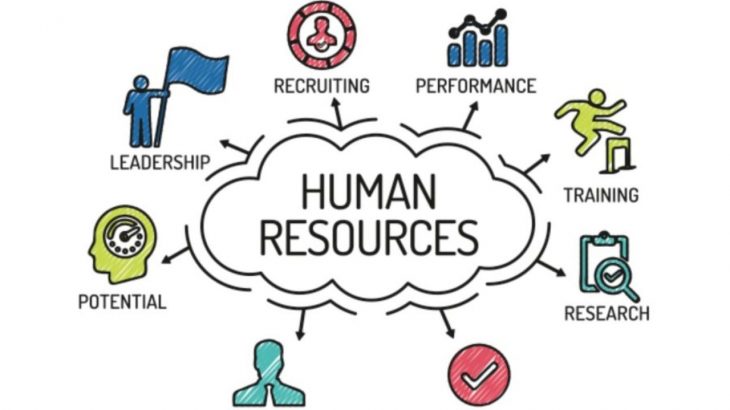
Human resource professionals establish an effective performance management to reward excellence, identify development opportunities and provide remedial or disciplinary action when necessary. By aligning each employee’s work with the strategic objectives of the company, a human resource professional helps ensure that work contributes to achieving profitability and success. By setting clear performance expectations in job […]
















